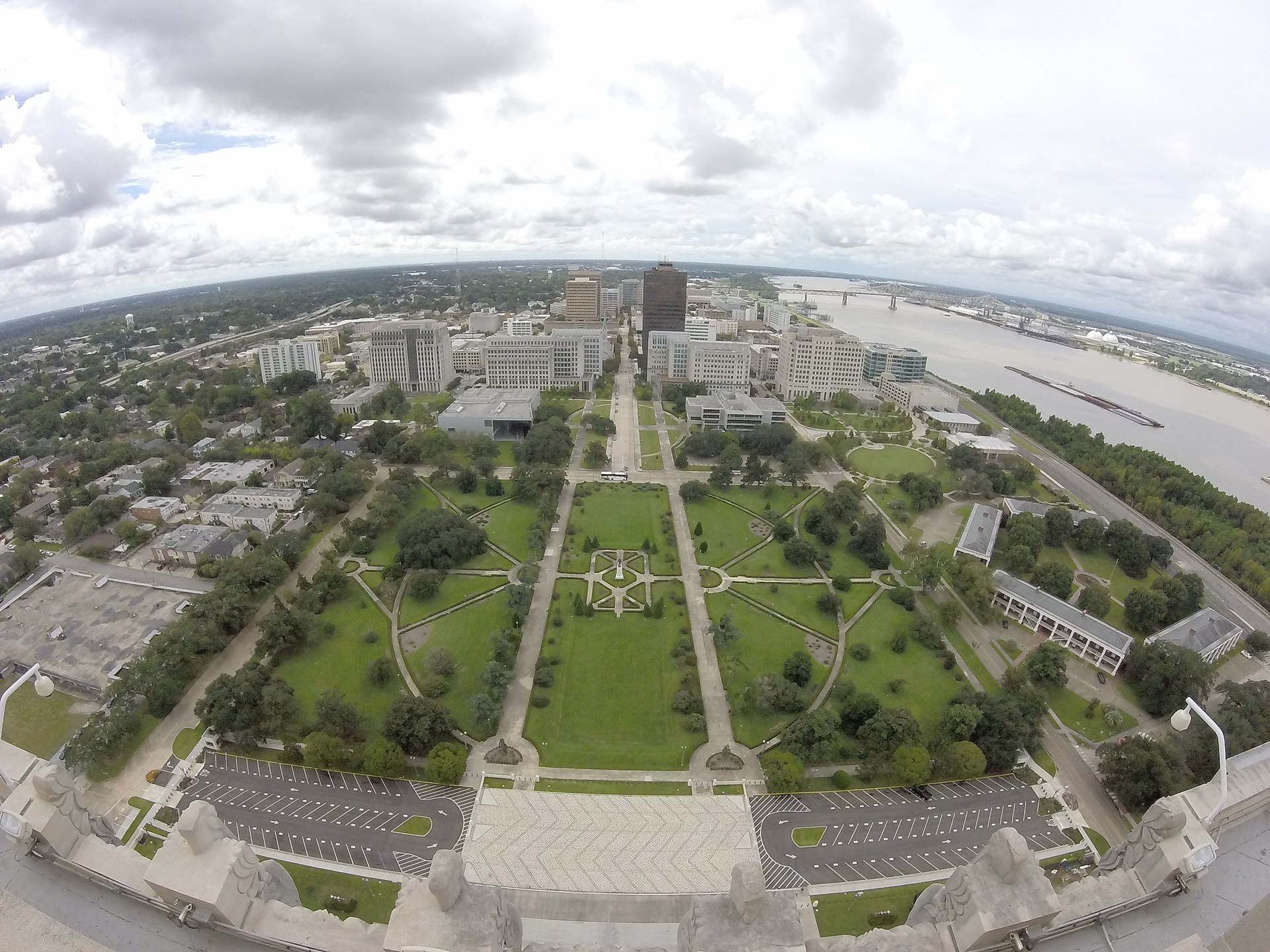The Louisiana State Legislature approved bills for four constitutional amendments on Nov. 22, 2024. Voters will decide them on March 29, 2025.
The constitutional amendments address the state's tax structure, state courts, judicial elections for vacant seats, and juvenile criminal justice policies.
Changes to state tax policy and government budget
House Bill 7 would revise Article VII of the state constitution, making changes to taxes and the state budget. The following changes would be made:
- reduce the maximum income tax rate from 4% to 3.75%;
- provide a property tax exemption for property owned by a nonprofit operated for religious purposes;
- repeal the Revenue Stabilization Fund and provide a one-time payment to parishes that elect to exempt business inventory from ad valorem taxes;
- establishes a government growth limit; and
- provides a permanent increase to teacher salaries by requiring a surplus payment to teacher retirement debt.
House Bill 7 would create a constitutional Government Growth Limit. Beginning in the 2026-27 fiscal year, it would prohibit spending state general fund recurring revenues above the limit, calculated by the Revenue Estimating Conference. It would also require the legislature to establish a procedure for recalculating the limit in subsequent years.
Amendment 4 on the Dec. 7 ballot addresses property tax sales. It would remove certain property tax sale provisions from the state constitution and require the state legislature to address the provisions in state law instead. The amendment would also provide that tax payment postponements can only be granted during emergencies declared by the governor under the Louisiana Homeland Security and Emergency Assistance and Disaster Act. House Bill 7 includes the same provisions. If voters reject Amendment 4 in December, the same changes will appear on the ballot again as part of the amendment proposed in House Bill 7.
From 1978 through Nov. 2024, 317 proposed amendments have been on the ballot, and 217 (68.45%) were adopted by voters. According to Steven Procopio of the Public Affairs Research Council of Louisiana, about 80% of all constitutional amendments that were approved by voters amended Article VII. Procopio said, "Article VII is almost as long as the original 1974 constitution at this point."
Changes to state judicial and criminal justice processes
Senate Bill 1 would authorize the Louisiana Supreme Court to discipline out-of-state lawyers for unethical legal practices in the state and provide the court with the power to establish trial courts of limited and specialized jurisdiction.
Senate Bill 2 would allow the state legislature to determine in state law which specific felony crimes can result in a juvenile being tried as an adult.
Senate Bill 5 would require judicial vacancies to be filled in a special election at the earliest available date under state law. If the vacancy occurs within twelve months of the next gubernatorial or congressional election, the special election would coincide with that election. This replaces the current law requiring a special election within 12 months of the vacancy
A two-thirds vote in each legislative chamber during one legislative session is required to refer a constitutional amendment to the ballot.
From 2003 to 2023, 48 constitutional amendments appeared on the statewide ballot. Voters approved 33 (68.75%) and rejected 15 (31.25%). During this period, an average of four appeared on ballots in Louisiana during odd-numbered years.



